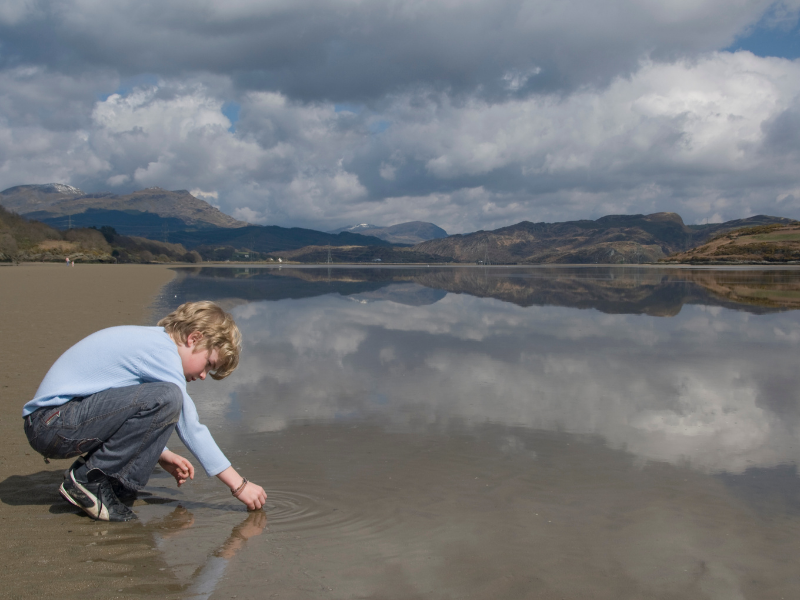 Poverty
Poverty 
Steffan Evans takes a look at the latest Joseph Rowntree Foundation state of the nation report to explore what it says about poverty in Wales in 2020.
Poverty is not a new problem in Wales. Almost a quarter of people were living in poverty before the pandemic hit. But as the Joseph Rowntree Foundation’s latest Welsh poverty monitor outlines, after a decade of stalling progress, Wales now faces a rising tide of poverty as the Covid recession gathers pace.
Why are people living in poverty?
There are multiple reasons why 700,000 people were living in poverty in Wales prior to the pandemic. Low pay, a failing social security system, unaffordable housing and a lack of childcare are all factors that are trapping families in poverty. Startingly of the 700,000 people trapped in poverty in Wales prior to the pandemic 180,000 are children. 140,000 of these children are living in families that were already in receipt of income related benefits, highlighting the failures of the current system in helping families keep their heads above water.
What impact is the pandemic having?
The JRF’s report paints a very grim picture about the impact that the pandemic is likely to have on poverty. The pandemic has hit low-paid workers in Wales particularly hard: industries with a large proportion of low-paid jobs, such as the Accommodation, Food & Beverage sector, have seen 78% of jobs furloughed. Those same sectors are most likely to see widespread job losses, and in some areas of over 40% of jobs are in these high-risk, low-paid industries. With job losses already starting to mount more and more families are having to rely on a social security system that is already failing many.
The role of the Welsh Government
It is true that many of the major policy leavers to solve poverty remain at Westminster, especially on work and social security related issues. But the pandemic alongside the JRF’s report highlights the significant role that the Welsh Government has to play in solving poverty in Wales.
We have already seen in response to the pandemic the considerable extra investment that has been made by the Welsh Government to protect families trapped in poverty. The decision to provide support in lieu of Free School Meals over the school holidays for example, has provided a vital lifeline to tens of thousands of children and their parents across the nation.
Significant extra funds have also been invested in additional support schemes such as the Discretionary Assistance Fund. Action to support digitally excluded learners is also to be welcomed whilst the decisive action taken on homelessness has shown how much the Welsh Government can improve people’s lives when it acts.
At the same time however, the JRF report highlights how Welsh Government policy can inadvertently push families into poverty rather than provide support. For example, the Welsh Government’s decision to allow social rents to increase above inflation has seen social rents increase by 8% in real terms over the past 5 years. This has pulled a further 40,000 social renters into poverty.
The Welsh Government’s childcare offer may also be having unintended consequences. Given that many families in poverty do not work 16 hours they are missing out on the 30 hours free childcare offer. This could be preventing parents from building up experience and skills to secure more work, and increase their chances of moving out of poverty.
What can be done?
The need for action on poverty has never been greater. There are a range of actions needed across the UK and Welsh Governments to turn the tide of poverty. At a UK level it is vital that the UK Government commits to retain the £20 uplift in Universal Credit. If you haven’t done so already then we encourage you to sign the petition to #KeepTheLifeline .
At a Welsh level however, we believe that the Welsh Government should:
- Develop a new childcare offer based on seamless provision for all children. This would include a core of free, part-time childcare and early years education for pre-school children and increased provision of affordable before- school, after-school and holiday childcare.
- Guarantee that social rents are affordable by ensuring that they do not outpace wages or benefits and build 20,000 homes available for social rent over the course of its five-year term.
- Focus its economic strategies on job creation and retention in the areas of Wales with the weakest local economies and those which are being hardest hit by the pandemic, including the south Wales valleys and rural Wales.
- Establish a Welsh Benefits System to improve and bring together the existing devolved grants and allowances for low income families. This could mostly be established within the powers already devolved to the Welsh Parliament and would complement the UK social security system.
For more information about the report click here. To read more of the Bevan Foundation’s ideas on how the Welsh Government could solve poverty visit here.


